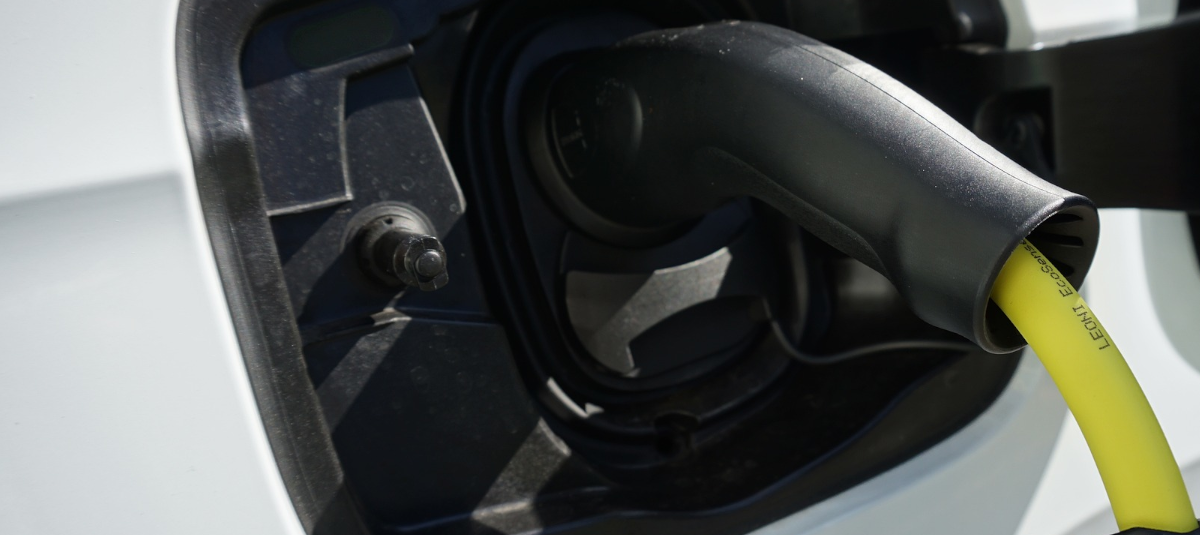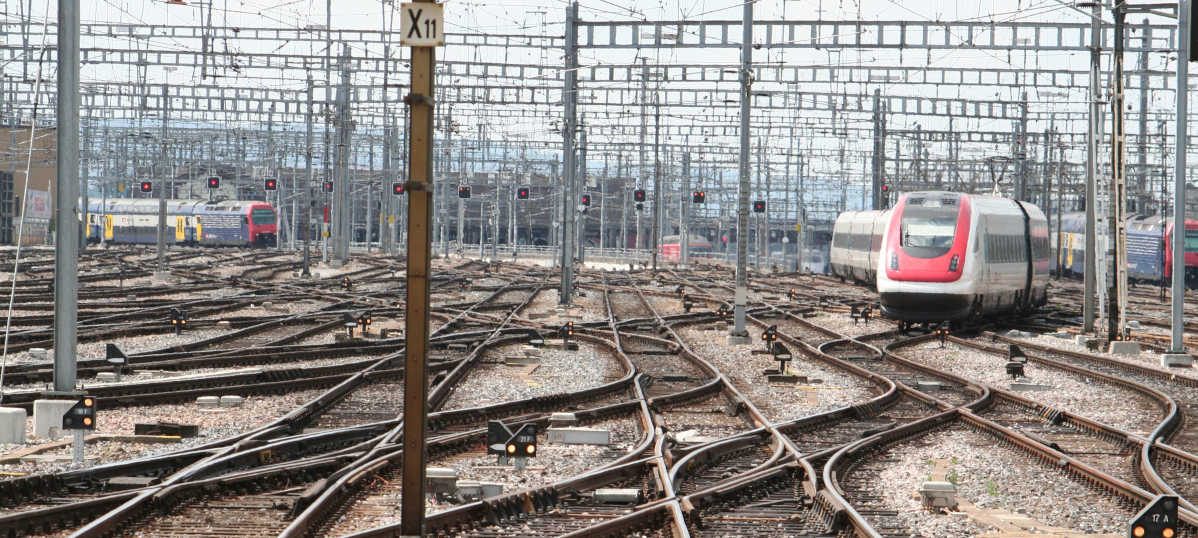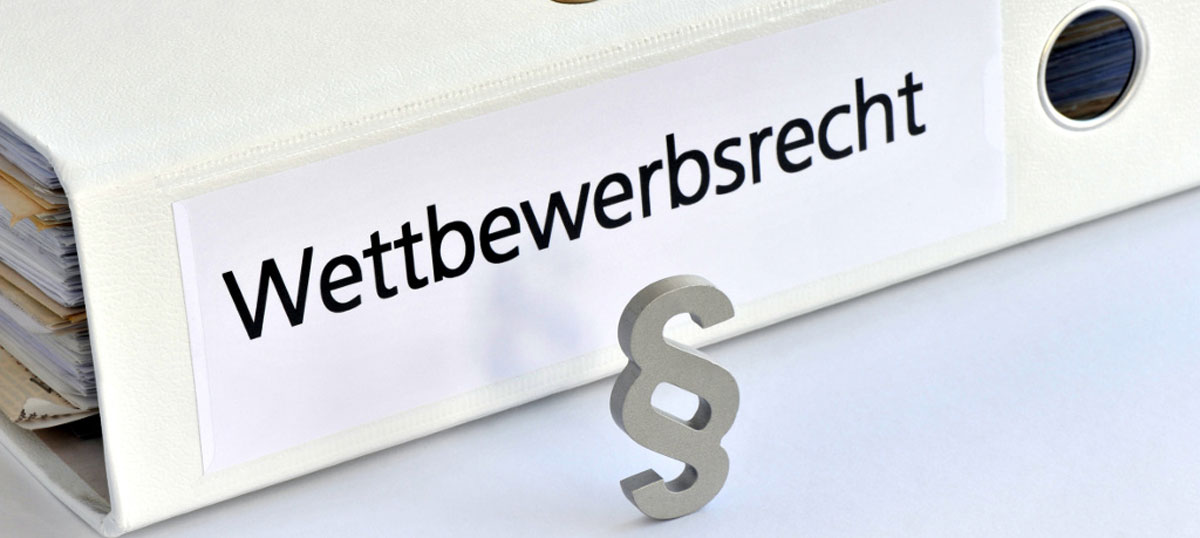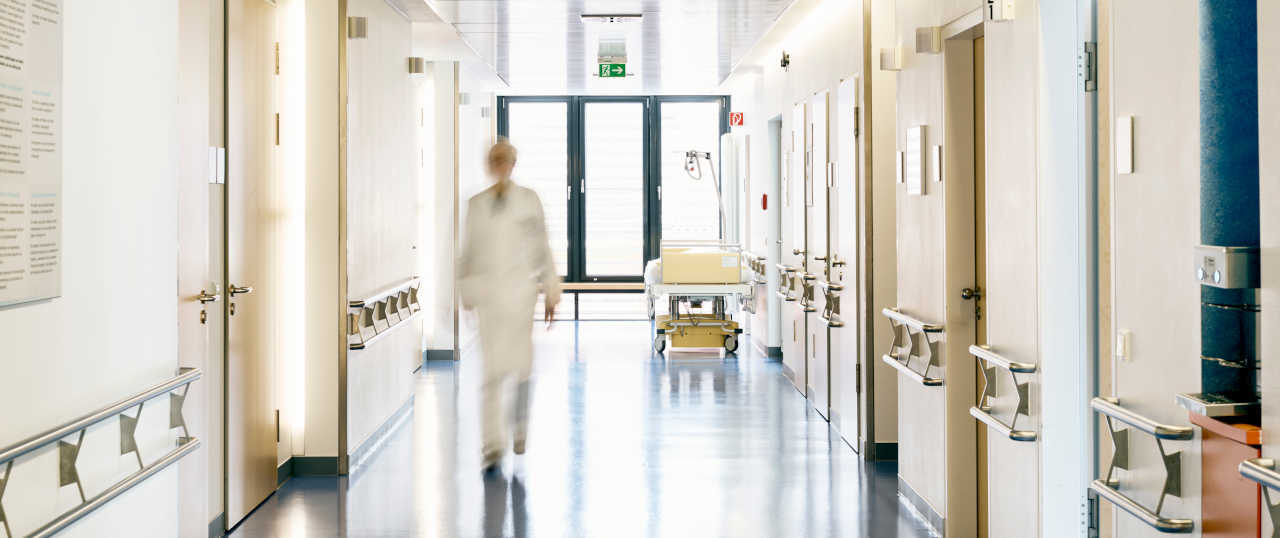Wir trauern um den Tod von Professor Wernhard Möschel
09. Februar 2024
Mit großer Bestürzung hat die Monopolkommission vom Tod von Professor Wernhard Möschel erfahren.
Als langjähriges Mitglied und ehemaliger Vorsitzender der Monopolkommission von 1998 bis 2000 prägte er maßgeblich die Arbeit und die Entwicklung unserer Institution.
Wernhard Möschel hinterlässt eine tiefe Lücke in der Welt der Rechtswissenschaften und im Bereich der Wettbewerbspolitik. Wir erinnern uns mit Dankbarkeit an seine bedeutenden Beiträge und seine inspirierende Führung.Sein unermüdlicher Einsatz für faire Wettbewerbsbedingungen und seine herausragenden Fähigkeiten als für den Wettbewerb engagierter Wissenschaftler haben die Monopolkommission nachhaltig geprägt. Wir werden Wernhard Möschel stets als engagierten Vorsitzenden in Erinnerung behalten.
Sein Erbe wird in der Arbeit der Monopolkommission weiterleben.
Policy Brief on competition in the food supply chains
Policy Brief | Issue 13 | February 8, 2024
The German Monopolies Commission on competition in the food supply chains
The Monopolies Commission recommends that interventions in agricultural markets or food supply chains to strengthen the market position of farmers should only be made cautiously and on a clear factual basis:
- The structures of the food supply chain in Germany show signs of competition problems and potential market power.
- Various instruments already exist to regulate these markets, but some of these have only recently come into effect and their consequences have not yet been conclusively evaluated.
- A final assessment is reserved for a more detailed evaluation.
13th Sector Report Telecommunications (2023): Achieving gigabit goals through competition!
Sector Report of the Monopolies Commission pursuant to § 195 (2) and (3) of the Telecommunications Act, December 13, 2023
The Monopolies Commission presents its 13th Telecommunications Sector Report.
- Extend mobile spectrum assignments for a maximum of three years and with conditions that promote competition.
- Allow infrastructure competition and open up fiber networks.
- Reduce the duration of proceedings at the Federal Network Agency.















